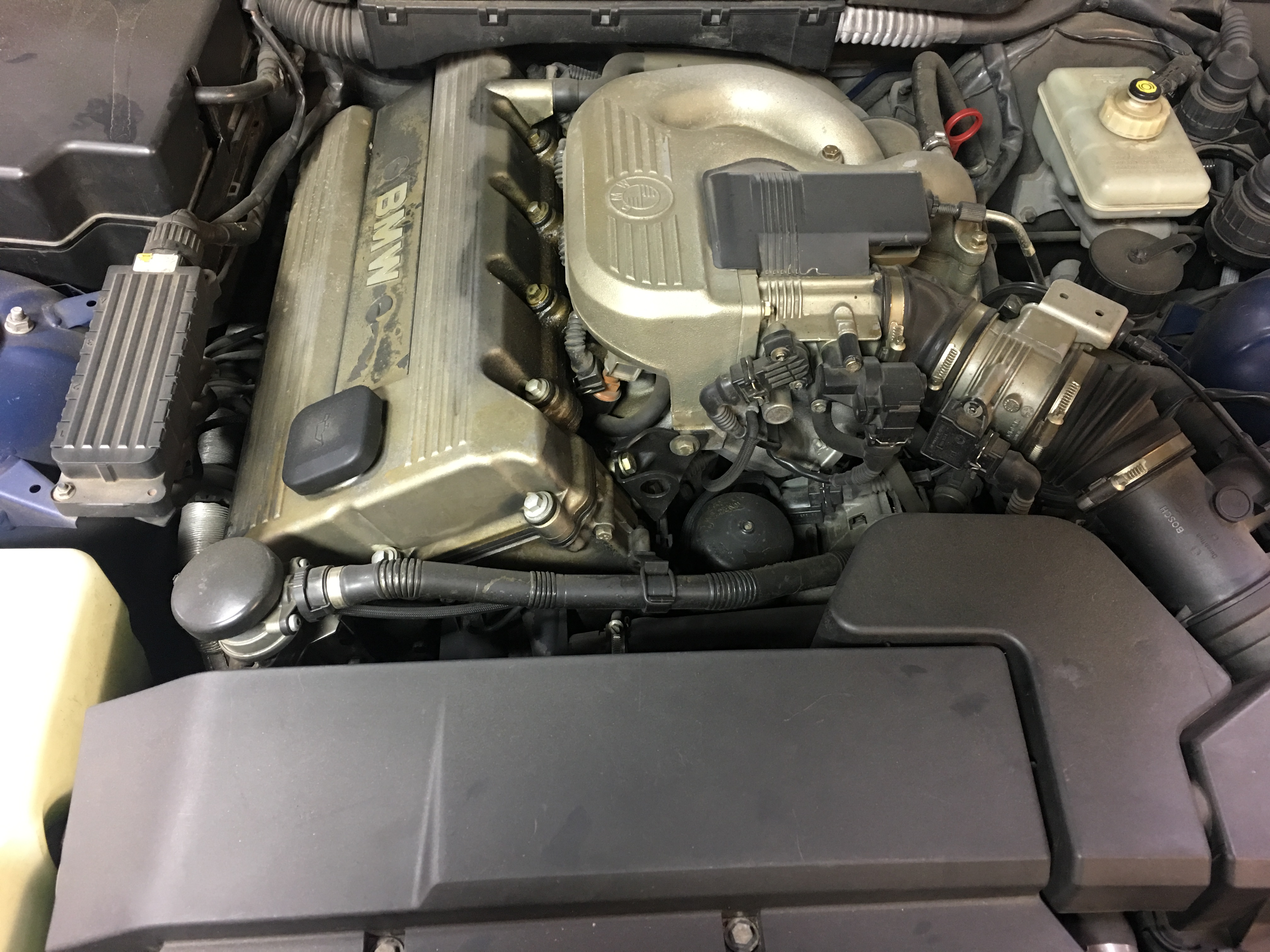Critical Facets to Analyze Prior To Buying an Engine for Ideal Performance
From engine power and efficiency to fuel effectiveness and maintenance considerations, each variable plays a crucial function in establishing the engine's suitability for a certain application. Compatibility with existing vehicle systems and offered guarantee and assistance options can considerably affect the long-term performance and cost-effectiveness of the engine.
Engine Power and Efficiency
When taking into consideration engine power and performance, it is important to assess the specific needs of the planned usage to ensure optimum performance and effectiveness. The power outcome of an engine directly influences its performance capacities, influencing elements such as velocity, lugging capability, and total functional stamina. Recognizing the demands of the application is vital in identifying the right equilibrium of power and efficiency qualities.
Engine power is commonly gauged in units such as horsepower (hp) or kilowatts (kW), indicating the quantity of work the engine can perform in time. Greater power ratings usually lead to much better velocity and full throttle, making them appropriate for applications needing quick responsiveness or sturdy jobs. It is crucial to match the engine's power output to the particular requirements of the planned use to prevent ineffectiveness or unnecessary strain on the equipment.
Furthermore, engine performance incorporates an array of factors past just power, consisting of fuel efficiency, emissions regulate, and reliability - bmw 318ti. Reviewing these facets along with power considerations is crucial for ensuring that the engine not just provides the necessary strength yet likewise runs sustainably and durably in its designated environment
Gas Efficiency and Consumption
Considering the essential function of engine efficiency in determining its viability for different applications, the analysis of gas efficiency and consumption becomes critical in optimizing operational expenses and environmental effect. Fuel effectiveness describes the engine's ability to convert fuel into useful energy effectively. It straight affects functional costs, making it a vital variable to think about prior to purchasing an engine. Engines with greater gas efficiency can lower total costs and minimize the environmental impact by lessening emissions.
When evaluating fuel intake, it is important to examine the engine's certain metrics, such as gallons of gas consumed per hour or miles per gallon, relying on the application. Understanding just how much fuel an engine consumes under various operating problems can assist expect lasting expenses and prepare for reliable gas administration strategies.
Furthermore, improvements in engine innovation, such as hybrid systems or gas shot renovations, can significantly boost gas effectiveness and reduce intake. Focusing on engines with premium fuel effectiveness and reduced usage rates can lead to significant financial savings and promote sustainability in different sectors.
Compatibility With Vehicle Systems
Ensuring smooth assimilation and optimum efficiency, the compatibility of an engine with vehicle systems is a crucial element to assess before buying decision. The engine serves as the heart of a vehicle, and its capacity to function sympathetically with the numerous systems within the vehicle is vital for overall functionality.
Compatibility includes a series of facets, consisting of electrical systems, transmission systems, and exhaust systems. An engine that is not suitable with these vital components can bring about issues such as electric breakdowns, ineffective power transfer, and enhanced exhausts.
In addition, compatibility with onboard computer systems is crucial for modern-day automobiles. The engine has to be able to communicate effectively with the lorry's computer to guarantee correct efficiency tracking and diagnostics.

Maintenance and Long Life Considerations

Longevity considerations also include evaluating the engine's design, technology, and compatibility with the car to make sure optimal efficiency throughout its lifespan - bmw 318ti. Engines with advanced functions like reliable air conditioning systems, resilient parts, and fuel-efficient designs tend to have better long life and need less fixings. By focusing on upkeep and choosing an engine recognized for its longevity, buyers can make a well-informed choice that enhances their lorry's efficiency and overall driving experience
Service Warranty and Support Options
Offered the critical role of maintenance and durability factors to consider in selecting an engine, a sensible purchaser needs to currently concentrate on evaluating the available warranty and support alternatives. The warranty given with an engine can differ substantially between versions and suppliers.
Assistance services check out this site can vary from technological aid hotlines to on-site upkeep and repair service services. A look at more info solid support system can substantially lower downtime in case of engine failing or problems, ultimately saving time and money.

Conclusion
In verdict, when acquiring an engine, it is important to assess its power, fuel efficiency, compatibility with vehicle systems, upkeep needs, longevity, and warranty choices. These essential elements play a significant duty in identifying the ideal performance of the engine. By very carefully taking into consideration these factors, customers can ensure that they are purchasing an engine that fulfills their requirements and supplies dependable efficiency in the long run.
From engine power and efficiency to fuel efficiency and maintenance considerations, each variable plays an essential duty in figuring out the engine's viability for a particular application.Engine power is normally measured in systems such as horsepower (hp) or kilowatts (kW), showing the amount of work the engine can execute over time.Considering the crucial duty of engine performance in identifying its viability for different applications, the evaluation of gas performance and usage becomes vital in enhancing operational expenses and environmental effect. Fuel performance refers to the engine's capacity to transform fuel right into useful energy properly. In addition, considering the quality of products and construction of the engine is essential as it can directly affect durability and exactly how well the engine holds up against wear and tear over time.